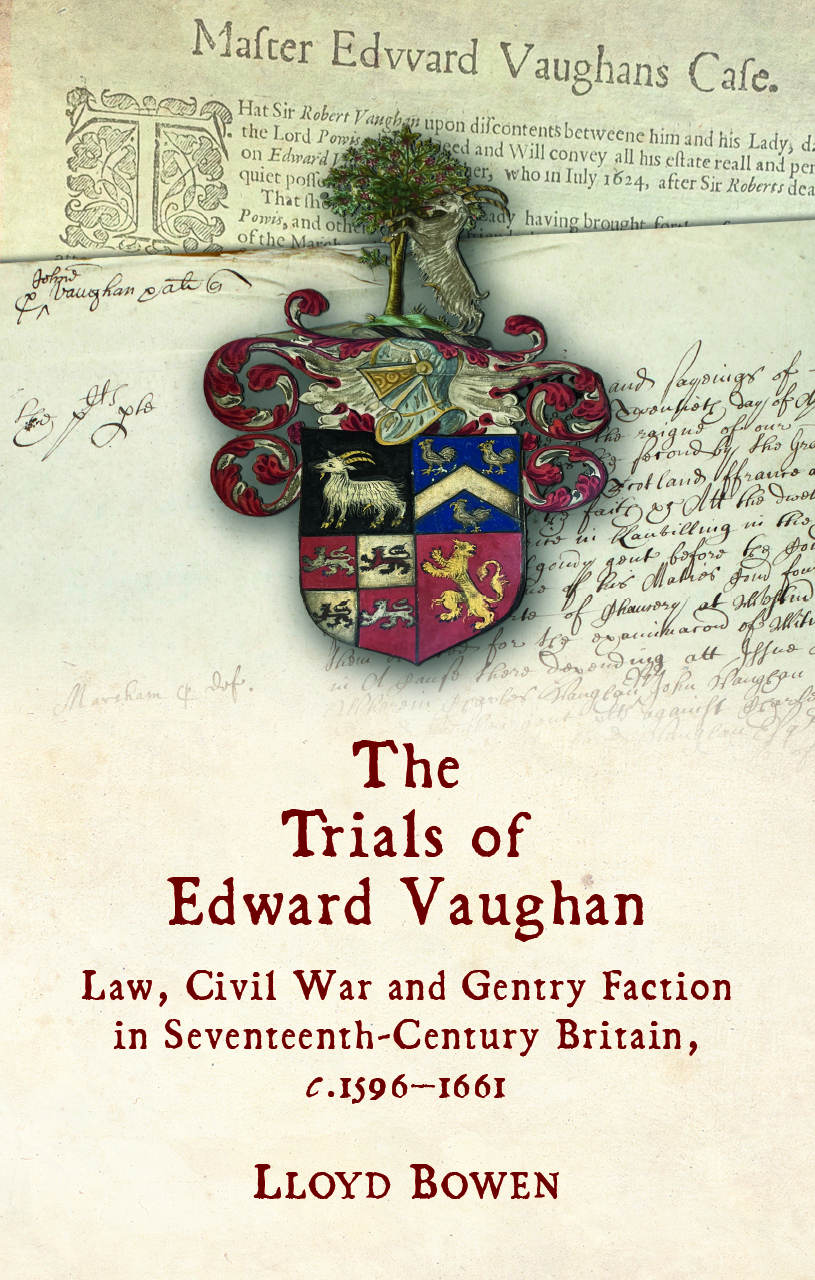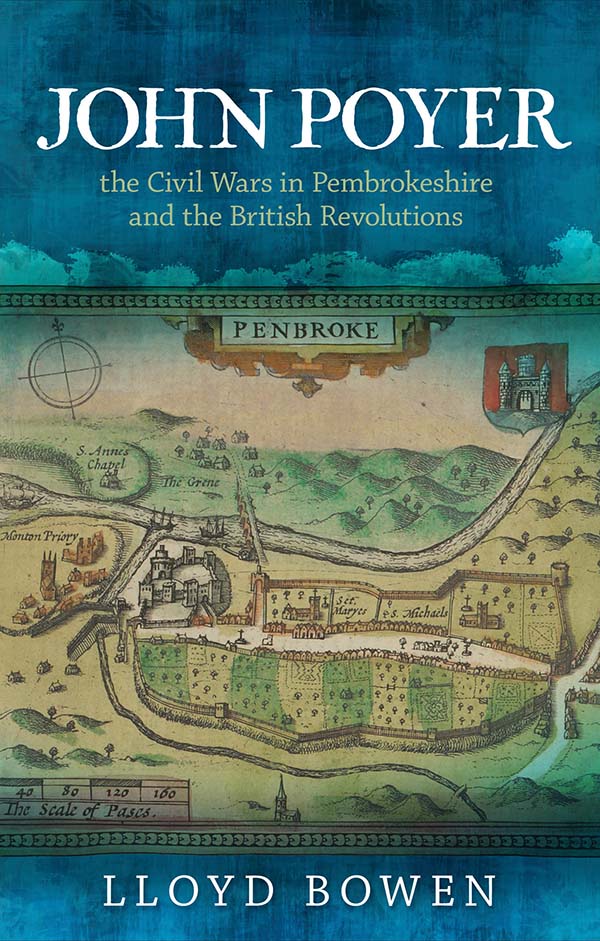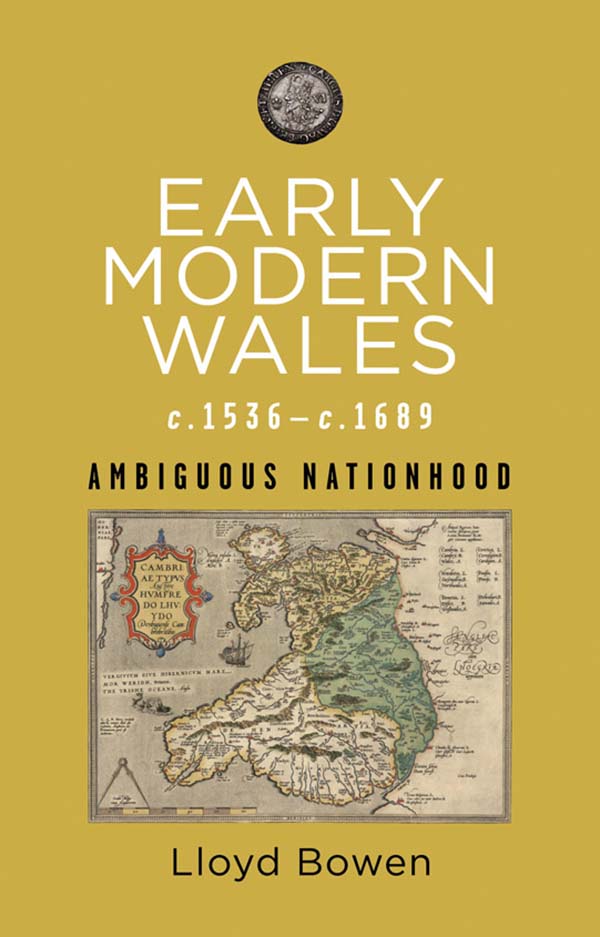The Trials of Edward Vaughan
Law, Civil War and Gentry Faction in Seventeenth-Century Britain, c.1596–1661
Author(s) Lloyd Bowen
Language: English
Genre(s): History
- October 2024 · 360 pages ·216x138mm
- · Paperback - 9781837721771
- · eBook - pdf - 9781837721788
- · eBook - epub - 9781837721795
OPEN ACCESS
To read the PDF of The Trials of Edward Vaughan: Law, Civil War and Gentry Faction in Seventeenth-Century Britain, c.1596–1661 for free, follow the link below
This book is freely available on a Creative Commons licence thanks to the kind sponsorship of the libraries participating in the Jisc Open Access Community Framework OpenUP initiative.
This book tells a remarkable story. Edward Vaughan was the fifth son of a landed gentleman, and could not have expected much beyond a career in law. However, by fair means and foul (mostly foul), he managed to gain possession of one of the largest estates in seventeenth-century Wales. His tenure was not to be a quiet one, however, as the Protestant Vaughan endured a bruising legal contest with a powerful Catholic magnate over these lands. Vaughan’s case was then swept up in the politics of the civil wars. A moderate parliamentarian, during the 1640s and 1650s Vaughan fought new battles with local radicals to secure his patrimony. The trials of Edward Vaughan reveal much about the confrontational and sometimes bloody nature of law, politics and faction in early modern England and Wales. It is a rich and surprising story, and one which has yet to be told.
‘With consummate skill, the author showcases what the lifetime of Edward Vaughan tells us about how webs of feud, litigation, inheritance and factional conflict shaped the experience of civil war. Bowen offers a new style of biography, inventively fashioned from litigation records to illuminate provincial gentry life in the mid-Wales borderlands.’
Professor Andrew Hopper, University of Oxford
‘This is a fascinating and truly ground-breaking study of factionalism and local power-politics during the period of the English civil war. The author's innovative and thorough use of source material, much of it hitherto little used or almost entirely overlooked, is deeply impressive. It enables him to recount not only the troubled history of a particular individual and his struggles to retain his Montgomeryshire estates before, during and after the civil war, but also more broadly the often-bitter parliamentarian inter-factional fighting, in Montgomeryshire itself and within neighbouring counties on either side of the English-Welsh border, during the 1640s and 1650s. The reconstruction of parliamentarian cliques within the county and the wider region opens up new perspectives on the history of the area during and after the civil war and offers a fresh, thoroughly-documented and convincing interpretation with potentially much wider resonance. The text is beautifully written, with a real sense of drama at times, and the story recounted is clear, engaging and absorbing, ensuring that this important and impressive new study will be widely accessible.’
Professor Peter Gaunt, University of Chester
Genealogical Charts
Maps
Abbreviations
Introduction
PART ONE: FAMILY, FACTION AND THE LAW
Chapter 1: Families and Faction in Elizabethan and Early Stuart Montgomeryshire
Chapter 2: A Labyrinth of Lawsuits: Contesting the Llwydiarth Inheritance, 1622–31
Chapter 3: Powis versus Vaughan and the Downfall of Prerogative Justice, 1631–42
PART TWO: POLITICS AND PATRIMONY DURING THE BRITISH CIVIL WARS
Chapter 4: Civil War, Conquest and Committees, 1642–45
Chapter 5: Edward Vaughan, the Governance of North Wales and the Struggle over
Accounts, January–October 1646
Chapter 6: The Army, Civilians and Parliamentary Elections, October 1646–April 1647
Chapter 7: Parliament Man?: Edward Vaughan, Parliamentary Presbyterians and Pride’s Purge, April 1647–February 1649
PART THREE: FROM REPUBLIC TO RESTORATION
Chapter 8: Republican Revenge, 1648–55
Chapter 9: Religion, Politics and Rehabilitation, 1650–61
Chapter 10: Death and Dynasty, 1661–72
Conclusion
MANUSCRIPT BIBLIOGRAPHY




